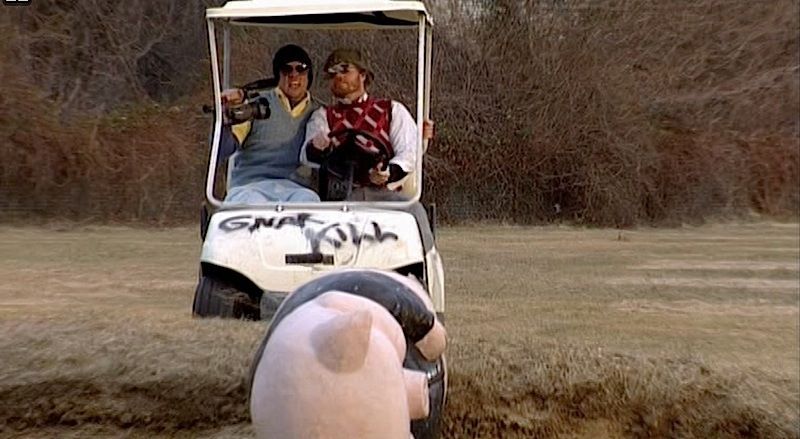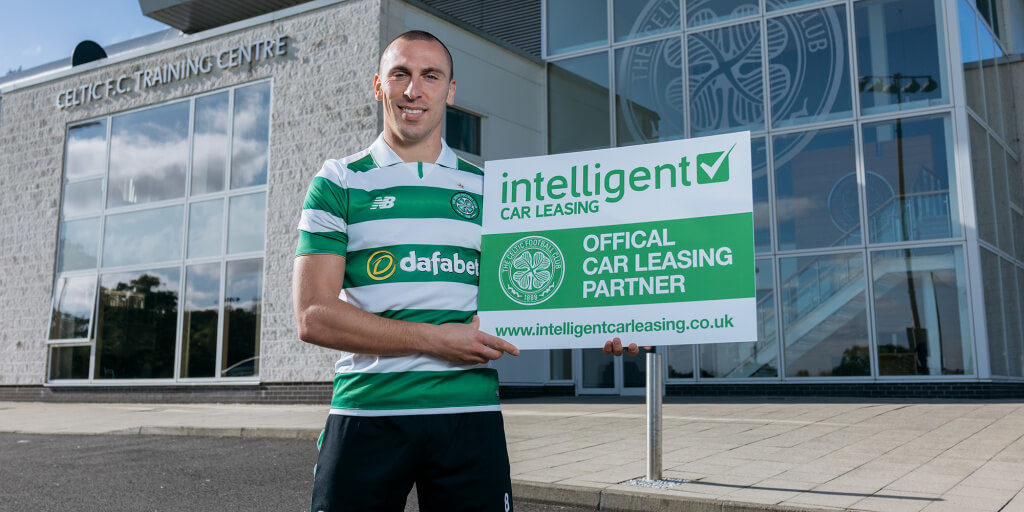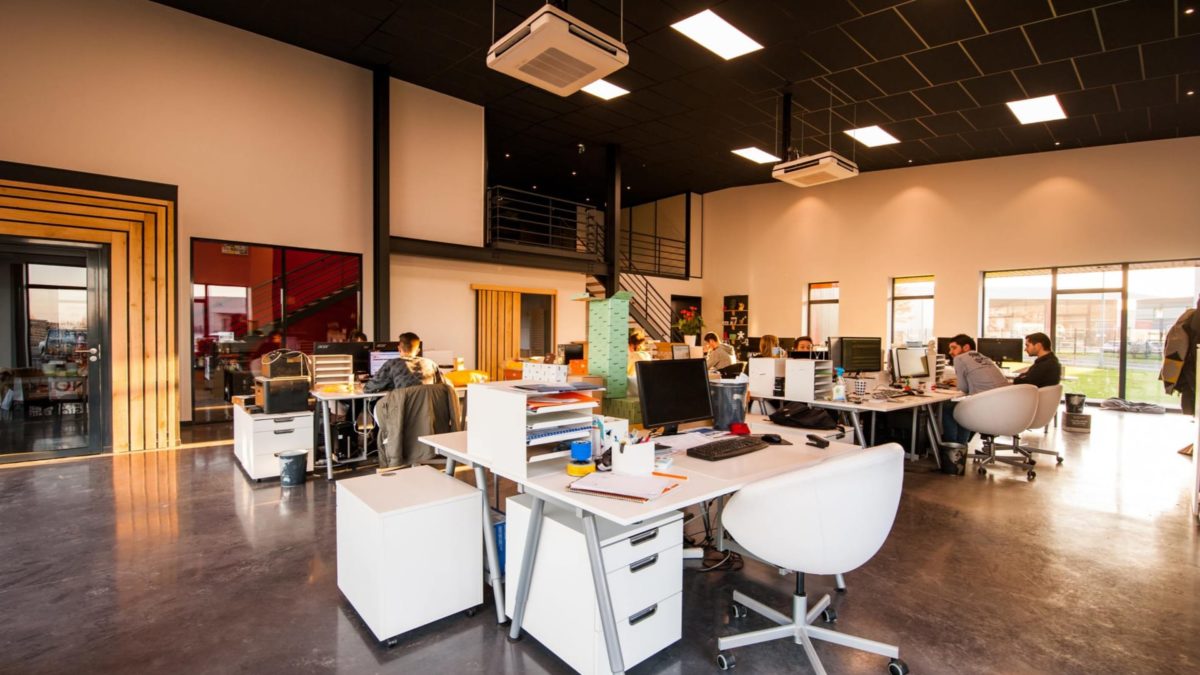In my last post I discussed how I stumbled from being a penniless graduate to somehow working in the SEO industry (don’t we all?). Today I’m going to talk through my next steps moving on from the astounding wage rate of $5 per hour to starting up my own agency.
Most of the post will be focused on actually setting up my own business and the lessons learned. But first I’ll give a quick overview of my path to that point.
Phase 1 – Getting my Hands Dirty
The £17k per annum job I blagged in the last post (by ironically keyword spamming the interview) was for a company which sold and rented industrial machinery for golf courses, football pitches etc.
This was your classic frugal small company – under 10 people in an unheated portacabin, you brought in your own tea and coffee – we even had to all take our own contribution to make up the staff Christmas buffet lunch.
However, I did get to ride about in golf buggies which was great fun!

Phase 2 – Start-Up Life
After just over a year, and learning by making a lot of mistakes I was headhunted for a new SEO executive job at a start-up company Intelligent Car Leasing.

The main keyword targeted by this company has 200,000 searches a month compared to a few thousand for the groundcare company. Many of the competitors for this start-up have 7 figure marketing budgets, this was a massive leap into the big leagues.
It took hours of grueling overtime, a lot of stressful head on desk moments and more ups/downs than a literal roller coaster. But I got the brand to page 1 for every hyper competitive term where they still sit today.
Phase 3 – Going Solo
After 5 years, two promotions and a lot of experience gained I felt it was time to move on. With a deep breath and around 8 month’s savings I handed in my notice to start my own agency.

Starting your own business takes a lot of guts and it’s probably one of the least comfortable things you can do in life. If you plan on starting your own business realise that you’re sacrificing the following:
- Security – Unlike with an established business
you need to hustle every single day to keep the cash coming in. There is no
established pipeline and you’re going to have to fight hard for at least the first year to get reliable
inbound cash flow.
- Paid holidays – Kiss goodbye to 28-35 days paid
leave per year. Once you’ve went solo every day you take off is balanced with
loss of revenue unless you have a full team under you.
- Sick pay – If you take a day off sick, just like
holidays it’s at your own expense.
- No free mistakes – Unlike when you’re employed, if you make a mistake in your own business YOU pay the price to put it right.
Is it worth it?
In a word, yes. It’s coming up to 1 year of trading for my business and turnover is in the 6 figures and profits are good. I should make around 1.5x what I did in my previous job this year and the business is only touching the surface of what’s possible.
At first I was so petrified of failure I was working 17 hour days (and I still do sometimes). Every day is a deadline day and I’ve never been so tired in all my life. But it’s a satisfying tiredness, as I know every day I’m moving closer to having a hands-off business I can sell or step back from further down the line.
Lessons Learned
Know that it’s okay to turn down work
This has been the toughest lesson, and one that I’m still learning every day. When you start a business you are so petrified of failure that you’ll snap up any offer of work – even if you know it’s not the right thing to do.
I’m a glutton for punishment in not being able to say no to work. Even if my team and I are up to our eyeballs I always take on new project work. The reason being is that if we don’t another agency will and we likely won’t get the chance again.
If we weren’t such hard workers our existing client base would suffer. But instead of diluting our time more thinly we tend to just work more hours to cover the increased work load. This isn’t healthy or sustainable – which is why I’m getting better every day at learning to say ‘no sorry we’re maxed out just now’.
Focus on what you’re good at and outsource the rest
Time is the most precious resource we have, it’s finite and you can’t get it back once it’s gone. For this reason you absolutely can’t spend your time on tasks you’re not an expert in to try and save money.
I’m a firm believer in the phrase “time is money”. A good thing to do is work out what your average hourly income rate is, (even if you don’t charge an hourly rate). Then identify any tasks you can outsource at less than your hourly income rate. Otherwise you’re losing money via what’s known as opportunity cost.
Don’t excess in non-critical areas
I run a business that isn’t customer facing, so I have a policy of not wasting money on things customers don’t see.
For example when I first started trading I just bought a cheap mobile handset to make calls. As far as I know I must have been the only person to have bought this handset in the last 15 years who isn’t a drug dealer 😂.

I only used it for a week or two to get by, I’ve now upgraded to a slightly more respectable smart-phone, but even that only cost £50. The moral still stands true though… My first customers had no idea I was talking to them through that ancient brick and the deals were closed all the same!
Coming Up Next…
In my next post I’ll give actionable insights on how to build a successful remote team. Detailing where to find them, how to screen them, how to retain them and how to manage them on a day to day basis.
It’s going to be really useful – Subscribe now and I’ll let you know as soon as it’s out!

